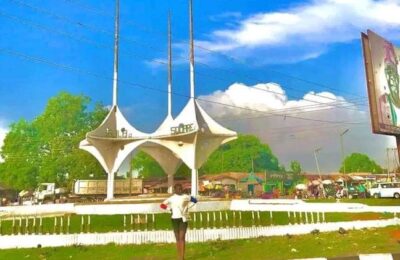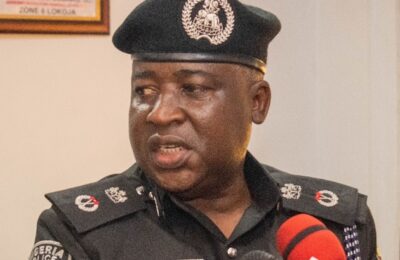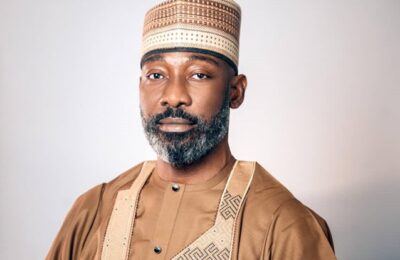The Igala/Bassa nation is bleeding, but its leaders are prescribing bandages for a cancer. The recent call by the National Leader of Ukomu Igala Organisation to establish a Truth and Reconciliation Commission may sound visionary, but without political courage and systemic reform, it risks collapsing into another spectacle of empty promises — a theatre of platitudes masking a kingdom in decay.
For over three decades, Igala politics has been marked not by vision but by vendetta. The rift between Prince Abubakar Audu and Dr. Steven Achema in the 1990s was not just a personal feud; it was the crack that widened into a fault line, splintering Igala unity. The later rivalries of Ibrahim Idris, Edward Onoja, and Simon Achuba only deepened this fracture, reducing the largest ethnic bloc in Kogi State to a shadow of its former dominance.
Truth commissions, where successful, thrive on political will and moral authority. South Africa healed because Nelson Mandela and Desmond Tutu placed reconciliation above revenge. Rwanda rebuilt because Paul Kagame matched reconciliation with uncompromising accountability. Nigeria after June 12 clawed back credibility only because sacrifices were made for democracy’s survival. The uncomfortable question is this: which Igala leader today has the moral capital to drive such a process without reducing it to a committee of convenience?
Even the once-revered traditional institutions are not immune. The Ata’s diminishing authority, contested chieftaincy titles, and village feuds over land have stripped the Igala nation of its cultural centre of gravity. What remains is a kingdom divided, its youth disillusioned, its elders compromised, and its political class addicted to power games rather than people’s progress.
A Commission may document grievances, but documentation is not deliverance. The core wounds of Igala society are structural: elite self-preservation, systemic neglect, and the deliberate sidelining of youth from meaningful leadership. Without tackling these, any reconciliation process is a façade. Healing requires economic empowerment, transparent governance, and a ruthless dismantling of patronage politics that feeds division.
The danger, then, is clear. Unless the Igala/Bassa leadership abandons its addiction to rhetoric and embraces hard reforms, the proposed Commission will join a long list of well-advertised initiatives that delivered nothing. The Igala nation cannot afford another performance disguised as progress.
The time for speeches has passed. The Igala/Bassa destiny will not be reclaimed by committees, but by courage. Anything less is political theatre — and theatre has never rebuilt a nation.
– Inah Boniface Ocholi writes from Ayah – Igalamela/Odolu LGA, Kogi state.
08152094428 (SMS Only)




